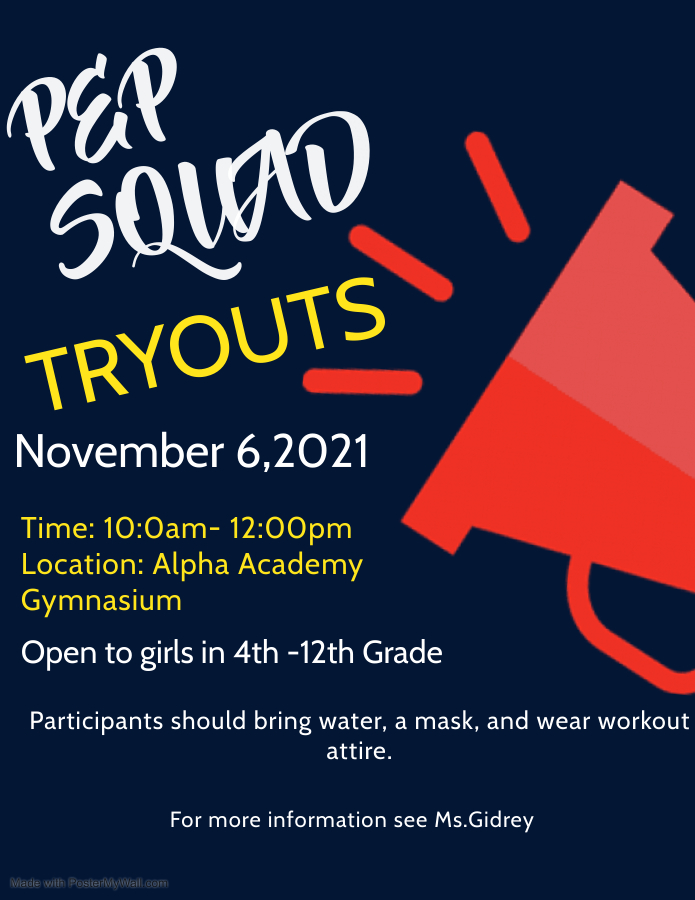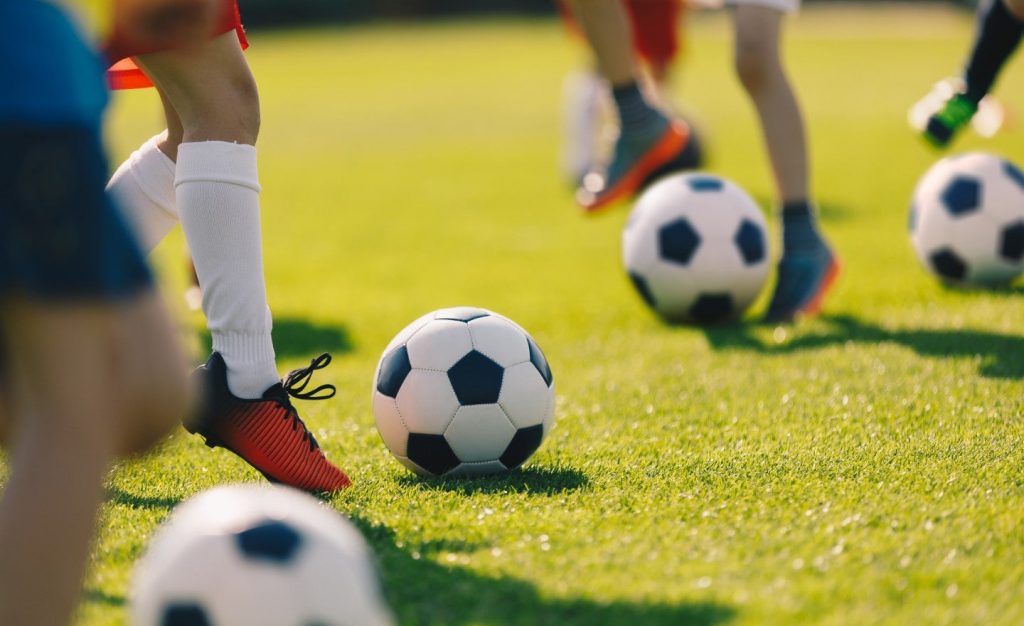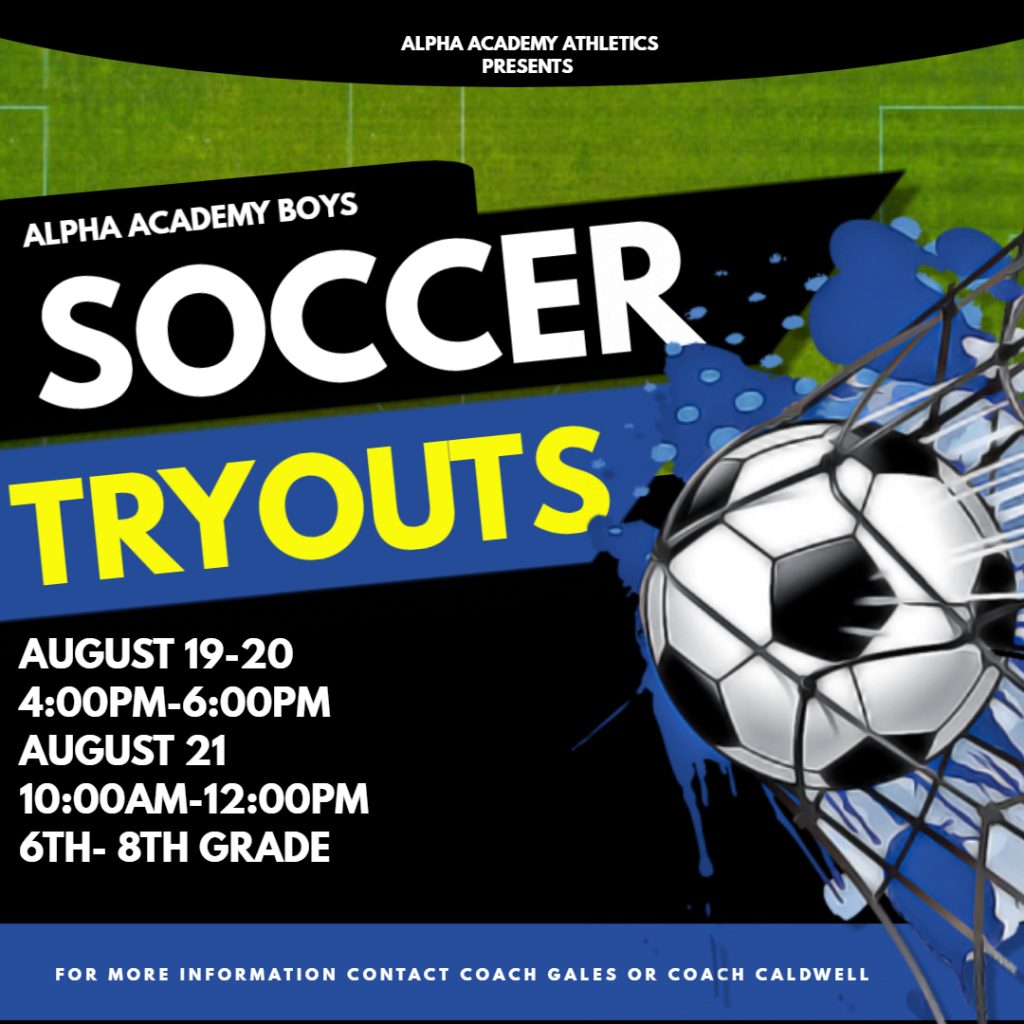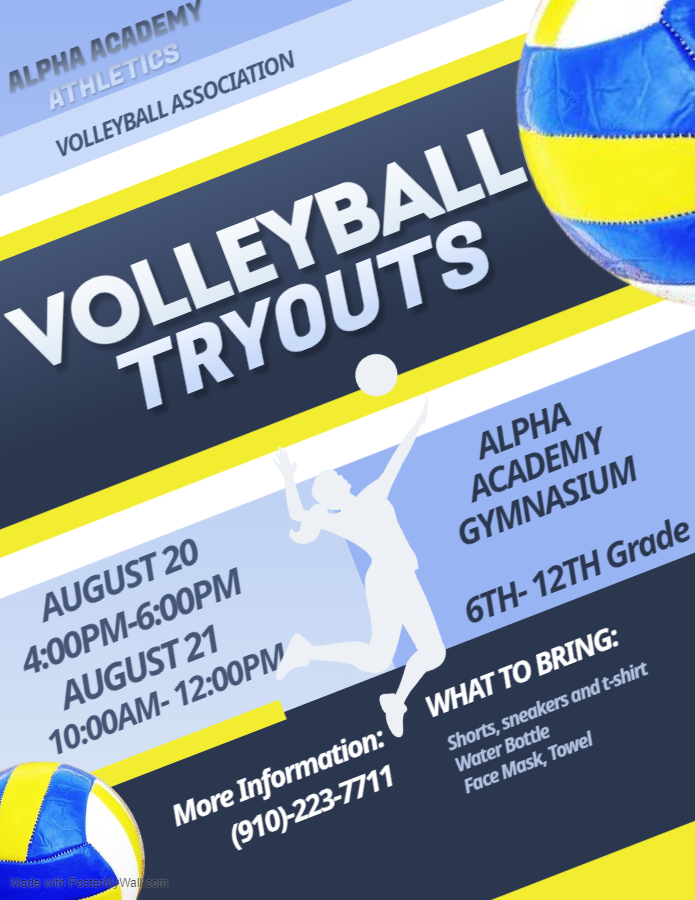Greetings Alpha Academy parents, students, and staff:
This message is concerning a very important issue that requires your attention. As you may be aware, there have been several TikTok challenges that have impacted schools across the nation, including several in our local area. There are several viral challenges encouraging students to commit inappropriate and destructive behavior each month, beginning September through the end of the school year. One of the challenges is for students to vandalize the school’s bathrooms and this month’s challenge is to smack a staff member, and the list goes on with a series of additional challenges. The challenge is to commit these acts and post the completed challenge to social media or TikTok. Such behaviors are not acceptable and will not be tolerated at Alpha Academy. Your child could face suspension and possible expulsion.
We are requesting you, as parents, assist us in stopping this potentially dangerous trend. While some students consider this a prank, these actions are very serious, some criminal in nature, and can lead to serious, life-long consequences for your child, and possibly you, as a parent. Should your child participate in any of these destructive and dangerous challenges that can affect the safety and security of our school, staff, or of other students, the Alpha Academy School Code of Conduct and severe consequences will be enforced. Because of the seriousness of these challenges, those participating can also be referred to law enforcement for further action.
Alpha Academy values the safety and security of our students and staff. It is imperative that you have a discussion with your children concerning disruptive and inappropriate behavior. Thank you for your support in addressing these issues with your child by helping them to understand the serious nature of these potentially dangerous, disruptive, and potentially criminal acts. It is our goal to continue to create an environment conducive to learning and to motivate our students to strive for their greatest potential. By working together, we can and will keep our school community safe.
Also, for the continued safety of our parents, students, and staff during this COVID outbreak, we ask that everyone wear a mask on the school campus at all times, to include when entering the building, when walking your child on campus, and when walking to pick up your child afterschool. We want to ensure everyone’s safety during this pandemic. Thank you for your continued support.
Michelle Campbell
Alpha Academy
Site Director
(910) 223-7711 (p)
(910) 678-9011 (f)









